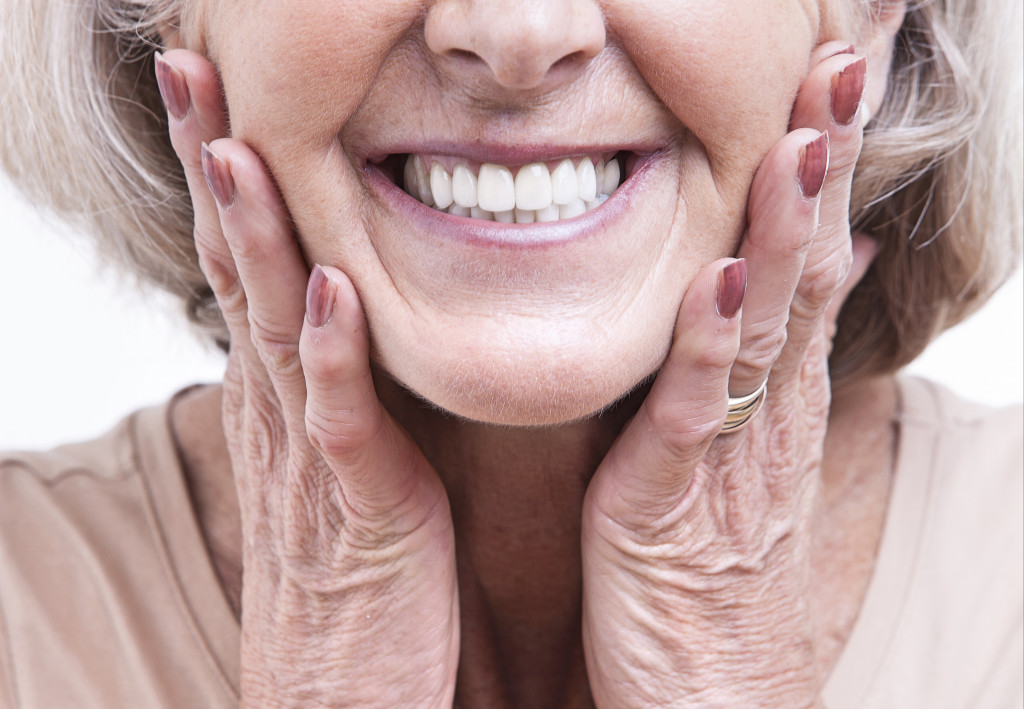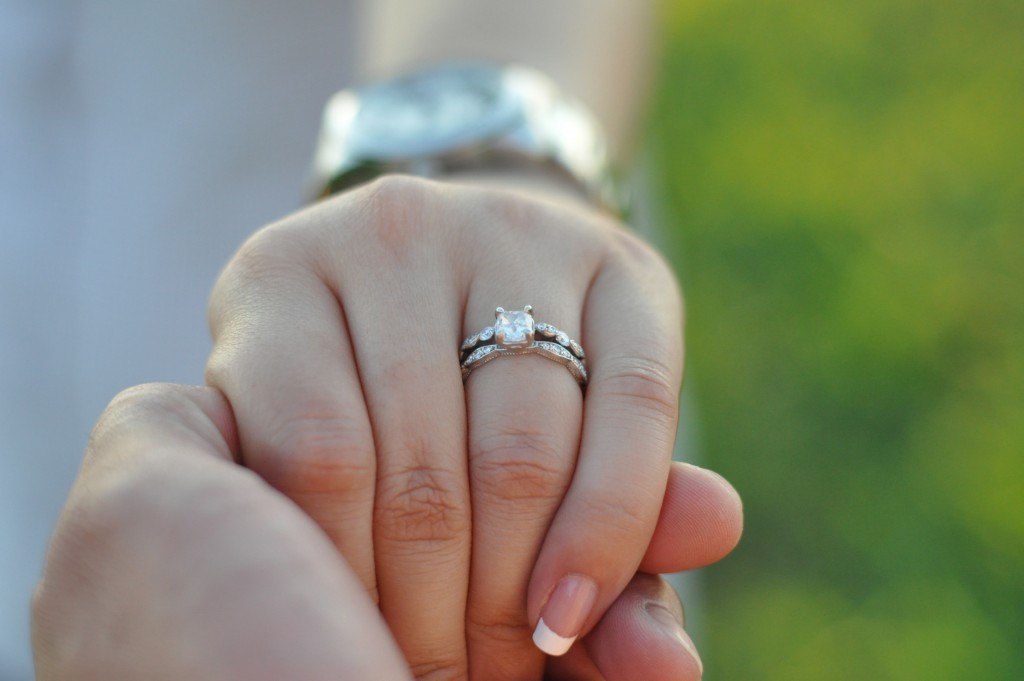The path may look dark and grim if you’ve been diagnosed with a terminal illness or permanent injury. You can almost see your future, where you’re either bedridden or being mourned by your surviving loved ones. As you get worse, you may even catch your family talking about grief and bereavement services, wills, and inheritance.
Some say you shouldn’t be afraid of death, especially if you’re faithful. But making peace with the fact that your life is shorter than you expected will never be easy, no matter how hard you try.
But praying for miracles may help you, as well as being happy. Those two may seem out of reach when you’re wasting away, but with the right mindset, support from loved ones, and self-assurance, you’d find that strength and vigor can come from within you. You may even prolong your life or heal altogether.
The Healing Power of Happiness
People who tell us to be happy despite life’s challenges aren’t being insensitive. In fact, they’re making a lot of sense because happiness promotes lifestyle habits essential for our overall health.
A study has found that people with positive well-being were more likely to consume healthier foods than their less positive counterparts. They’re also more likely to be physically active, putting in ten or more hours of exercise every week.
In another study, happy people were found to have better sleep quality than their less happy counterparts. As a result, they have better sleep habits and practices, which aids their concentration, productivity, exercise, and weight management.
Therefore, if you get a boost of happy hormones daily, your health will improve significantly, and your life expectancy will lengthen.
Happiness is important every day, but it’s particularly beneficial these days because of the pandemic. Studies have also shown that happy people have stronger immune systems, which helps them avoid viruses. Researchers have yet to discover how exactly happiness boosts the immune system. Still, it most likely has to do with its impact on the hypothalamic-pituitary-adrenal (HPA) axis, which regulates immunity, hormones, digestion, and stress levels.
Being Ill and Happy
You can be ill or injured and still have positive well-being. It takes time, and you’d probably go through the multiple stages of grief first, and that’s alright. Allowing yourself to feel your emotions is healthier than suppressing them.
Upon your diagnosis, you’d likely think about your future and change your perception of yourself from someone healthy to someone ill. Writing down these feelings in a journal will help you make peace with your new reality. It can also let you keep track of your symptoms, recovery progress, and bouts of pain or other issues.
As you cope with your condition, try to live as normally as possible, still maintaining your rituals and improving them, preferably. This is the time for you to invest in self-care, so don’t hesitate to indulge in a spa or do anything that relieves your stress and anxiety. Self-care sessions are a must after you’ve been subjected to intense medical procedures.
If your doctor permits it, exercise to get a mood booster. Physical activity can change your negative self-perception, letting you see yourself as healthy and strong again instead of weak and frail.
Try something new that’ll let you enjoy every moment, like meditation or yoga. Or do something crazy that you’d once never imagined yourself doing. This will develop your mindfulness, which will make you see life from a fresher perspective.
Miracles Can Happen

Throughout the years, miraculous healing has happened multiple times, baffling doctors and astonishing patients. Your full recovery may not happen in a blink of an eye or in a sudden, inexplicable way, but with strong faith and positive thinking, healing will definitely come your way.
Doctors and patients who have witnessed miraculous healing usually call it God’s grace. Such is what Dr. Matt Linam thought about the unexpected recovery of 12-year-old Kali Hardwig, a patient that had contracted parasitic meningitis. It is a deadly infection caused by brain-eating amoebas.
Kali was quickly administered with antibiotics, but her doctors still anticipated the worst. After all, survival rates of the disease were less than 1%, and only two people in America were known to survive it. However, Kali made a full recovery six months later, making her America’s third survivor of parasitic meningitis.
Jean-Pierre Bely, a person diagnosed with multiple sclerosis several decades ago, also made a miraculous recovery after a priest had given him unction on the forehead and hands. Despite his disease confining him to a wheelchair, the feeling in his legs still returned, until only minor traces of the disease were left in him. The Vatican deemed his recovery an official miracle in 2002.
There are many more stories of miraculous healing, and knowing about them can help you stay hopeful. Waiting for a full recovery isn’t a delusion but rather an act of faith. Don’t let your reality take away your joy. Smile through the pain, and you may find yourself regaining your vigor soon.




